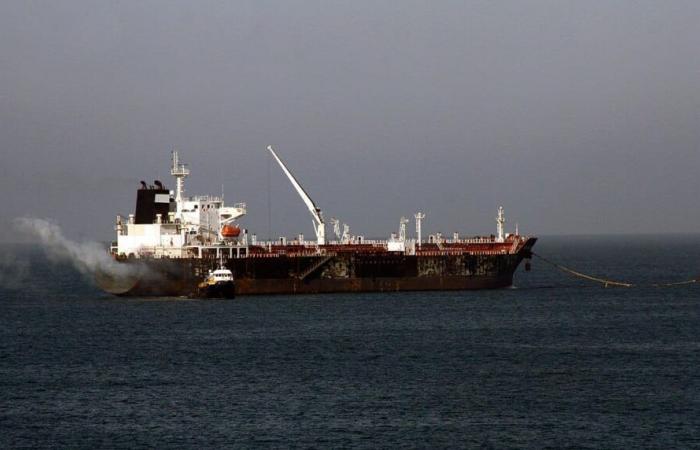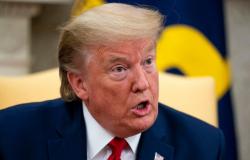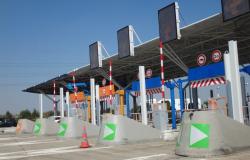At the end of the year, the economic situation in the European Union is worrying. The European Commission's forecasts expect GDP growth of 0.9% in the EU and 0.8% in the euro zone in 2024. Jean-Marc Jancovici, whose analysis is based on physical indicators, goes even further. According to him, “Europe has entered a form of recession”. One of the causes of this situation is the EU's sanctions policy against Russia, particularly energy sanctions. These aim to weaken the Russian economy in order to make the war against Ukraine more difficult to finance. Unfortunately, through a boomerang effect, these sanctions affect the European economies at least as much as the Russian economy.
According to the Figaro“gas imports from Russia fell from 45% in 2021 to less than 15% today” Alongside this considerable effort to do without Russian gas, the EU decided in 2022 a complete embargo on crude oil imported from Russia by sea. It thus renounced 90% of the volumes of Russian oil that it imported before the war (only imports by pipeline were maintained).
The embargo on Russian crude was accompanied by a measure capping its price at $60 per barrel, in order to reduce the margins of large Russian oil companies, while Western companies were prohibited from supplying certain services, such as maritime transport and insurance or reinsurance of tankers, allowing the delivery of oil sold above $60. This mechanism decided urgently by the EU, the United States and their allies did not work well. It notably had two unexpected effects: the first was the formation of what journalists call a “ghost fleet”. This clandestine fleet currently includes more than 600 tankers transporting Russian oil to countries that do not apply sanctions, notably China and India. The problem with these ships is not just that they allow Russia to circumvent sanctions: it is that these ships are sailing without being properly insured. This is the second problem.
Initially, the large Western insurers were replaced by Russian insurers of comparable size, such as Ingosstrakh, Alfa or VSK, which maintained a good level of control over the condition of the ships while providing solid guarantees in the event of incident. But these historic insurers found themselves sanctioned in turn, one after the other. They are now being replaced by small, newly created, poorly capitalized insurance companies such as Ro Marine. According to Politicothe tankers “do not then have credible insurance”. Faced with the difficulty of finding insurers willing to cover them, shipping companies sometimes even waive all insurance! A situation that cannot be resolved because, in the event of an accident, or even an oil spill, who will cover the damage?
The intentions of the authorities/regulators are not clear: if the objective is to put an end to the clandestine transport of Russian crude oil, much more rigorous measures should be taken. But on what legal basis? How could Westerners alone decide to hinder international maritime transport? Russia is the second largest exporter of crude oil (after Saudi Arabia). Its exclusion from the oil market could not be done without having serious economic consequences: shortage, inflation, etc., which would hit the poor countries of the South even harder than the Western countries. By taking half-measures, Westerners have created more problems here than they have solved.
The current situation, which sees the transportation of crude oil continuing on older “ghost fleet” vessels (as newer vessels are not available due to sanctions) and without appropriate insurance (due to lack of accessible coverage), must stop. We cannot accept that major environmental risks continue to weigh on the oceans, nor that the inhabitants of coastal countries are abandoned to their own devices in the event of an oil spill. When sanctions have more negative than positive effects, we must have the courage to rethink them, so that they combine effectiveness and realism. As the proverb reminds us: Hell is paved with good intentions.






